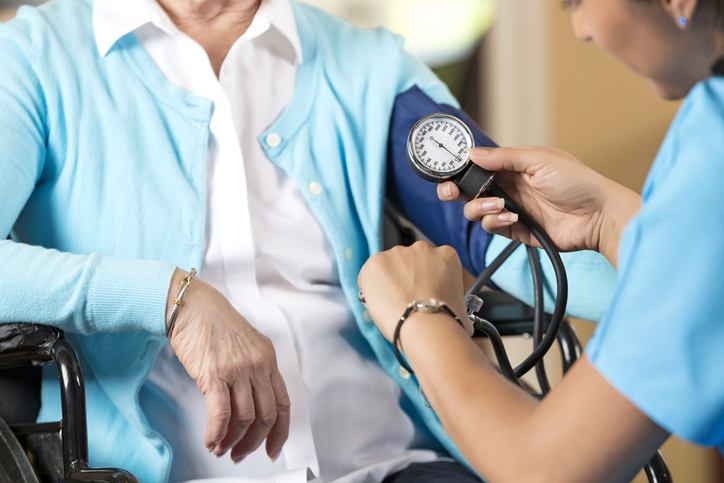Basic Exams for 60 and Over
A regular visit to the doctor is important for your health, no matter what your age. Regular checkups and screenings can catch problems early on and prevent them from becoming worse. Building a relationship with your doctor can also help you become more comfortable asking important health-related questions.
Some screenings, such as dental checkups every 6 months, are recommended for people of all ages. But older adults also need additional tests and screenings. These recommendations are adapted from the US Preventive Services Task Force, an independent, volunteer panel of national experts in medicine and disease prevention.
Blood Pressure
High blood pressure puts you at risk for heart disease, heart attacks, and stroke. Low blood pressure can lead to falls, fainting, and organ damage. As you get older, you should make sure your doctor checks your blood pressure at every visit.
Cholesterol
High cholesterol levels can lead to heart attacks and strokes. But high cholesterol can be treated with diet, exercise, and medication. That’s why it’s important to measure your levels regularly.
Weight
As we get older, muscle is replaced by fat and our metabolism slows down. No one loves jumping on the scale, but it’s important that you do so at least once a year so that you can track any unexpected weight gains or losses that could indicate a health risk.
Eyes
Eye diseases, such as macular degeneration, cataracts, and glaucoma, increase with age. A screening can preserve and maximize your vision.
Hearing
At least 25% of people ages 65 to 74 have disabling hearing loss, most of which is treatable. That number increases to 50% as we age. Hearing loss can lead to depression and worse outcomes for people with dementia. Get a hearing test if you are having any trouble hearing (or if your loved ones tell you that you are having trouble hearing).
Teeth
Many adults over 65 have lost one or more teeth. When you schedule regular screenings, your dentist can treat conditions like tooth decay early on and help you keep your natural teeth for as long as possible. Poor dental health can lead to poor eating and reduced social activity. Regular dental exams can also catch serious conditions such as tongue cancer.
Depression
Mental health is health. Depression in people over 65 is associated with increased health costs, higher risks of suicide, and higher risk of death from other conditions. A chat about your mental health should be part of any medical checkup. If you are feeling depressed, reach out for help.
Women: Bone Density
Osteoporosis can have serious health outcomes. Women over 65 should have a bone density test.
Men: Aneurysm
The U.S. Preventive Services Task Force recommends one-time screening for abdominal aortic aneurysm (AAA) in men ages 65 to 75 who have ever smoked. Screening can be offered to women who have a strong family history of AAA repair or death due to AAA rupture.
Cancer Screenings 60 and Over
Colorectal Cancer
New recommendations are that adults should begin screening for colorectal cancers at age 45 and continue until age 75. There are now several options for screening, so discuss which one makes the most sense for you with your doctor.
Skin Cancer
The Skin Cancer Foundation recommends seeing a dermatologist once a year to check for skin cancer.
Men: Prostate Cancer
According to the task force, men can actually stop screening for prostate cancer over the age of 70. However, between the ages of 55-69, you should be screened.
Women: Breast Cancer
Breast cancer risk increases with age. A mammogram is recommended every 1 to 2 years starting at age 40. Remember to do regular self examinations as well (even if you are under 40), and report any suspicious bumps to your doctor as soon as possible.
Women: Pelvic Exams, Pap Smears, HPV
Women over 60 still need to get regular pelvic exams, Pap smears, and human papillomavirus (HPV) tests. Older women can get cervical cancer or vaginal cancer. Pelvic exams can detect other conditions that may affect your health and quality of life. If a woman is older than 65 and has had several negative Pap smears in a row or has had a total hysterectomy for a noncancerous condition, your doctor may tell you that a Pap test is no longer needed.
Everyone’s health is different, so please talk to your doctor about what tests and screenings they recommend specifically for you.
To help you find a doctor or make appointments, you can get live assistance from an expert by reaching out to Homethrive at (844) 343-8714 (TTY 711).
